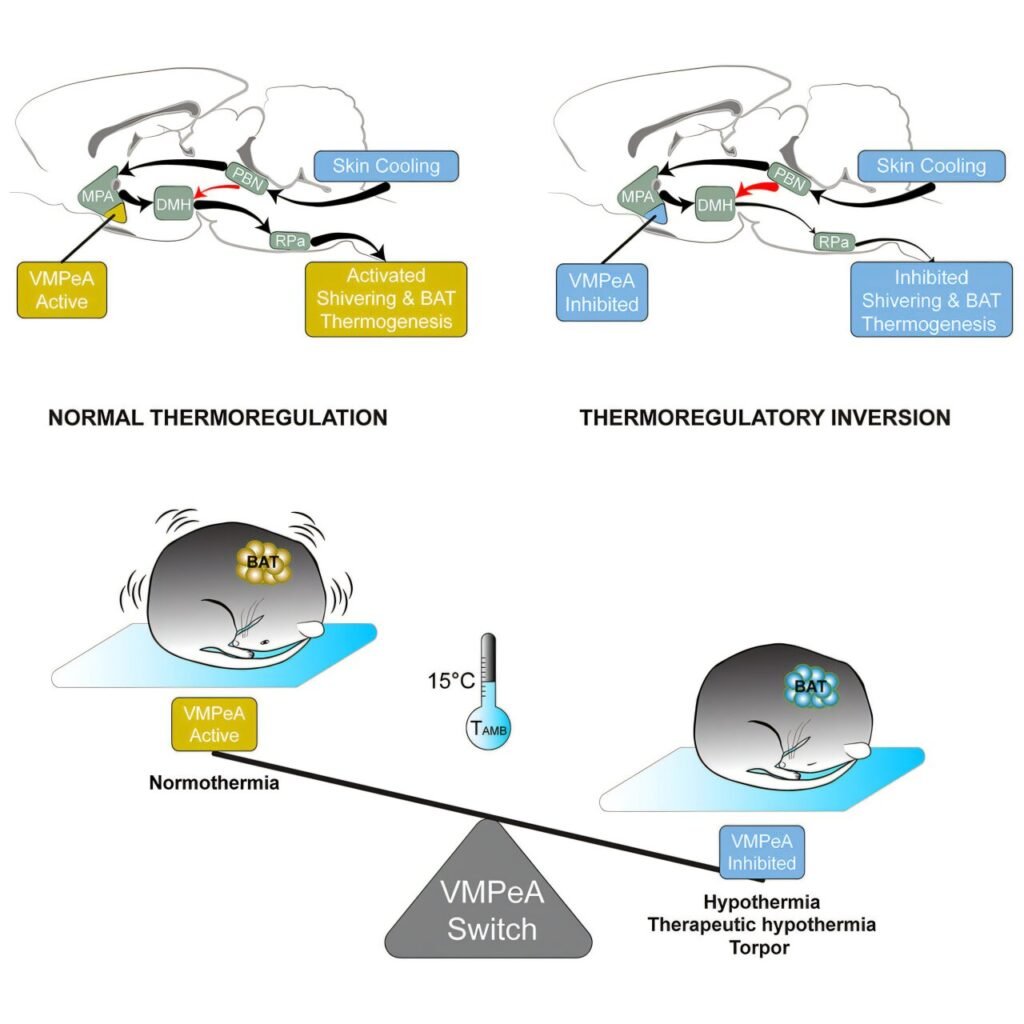The researchers found that a particular type of neuron in the hypothalamus of the brain, called the RFRP neuron, plays a crucial role in controlling body temperature. By activating these neurons in mice, the researchers were able to lower the animals’ body temperature by several degrees.
This groundbreaking discovery opens up new possibilities for treating medical emergencies where lowering body temperature could be beneficial, such as in cases of cardiac arrest or traumatic brain injury. By mimicking the natural hibernation response seen in certain animals, clinicians may be able to improve outcomes and save lives.
Further research is needed to determine the safety and efficacy of this method in humans, but the potential benefits are promising. If successful, this research could revolutionize emergency medicine and provide a new tool for clinicians to use in life-threatening situations.
Overall, this study highlights the amazing ways in which nature can inspire scientific breakthroughs and lead to innovative medical treatments. By studying how animals adapt to extreme conditions, researchers can uncover new strategies for improving human health and well-being.
As we continue to learn from the natural world, we may discover even more ways to harness its secrets for the benefit of humanity. The potential to mimic hibernation in non-hibernating animals is just one example of how science and nature can work together to create a healthier, more resilient future for all.


